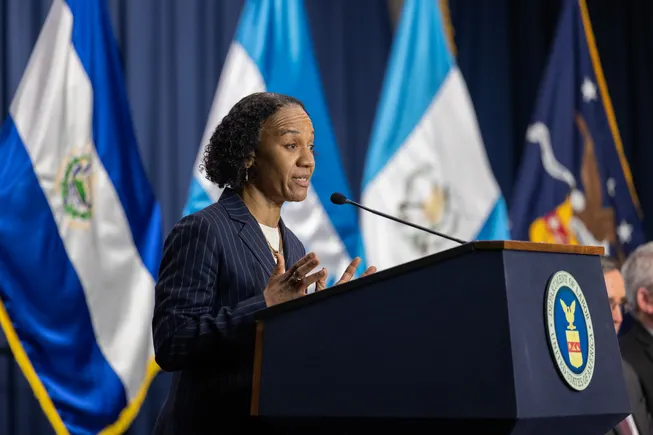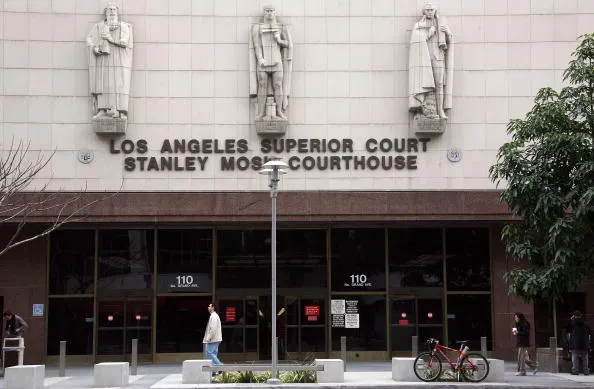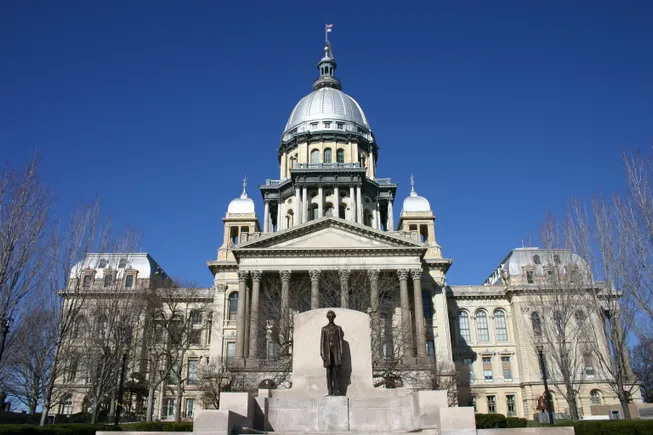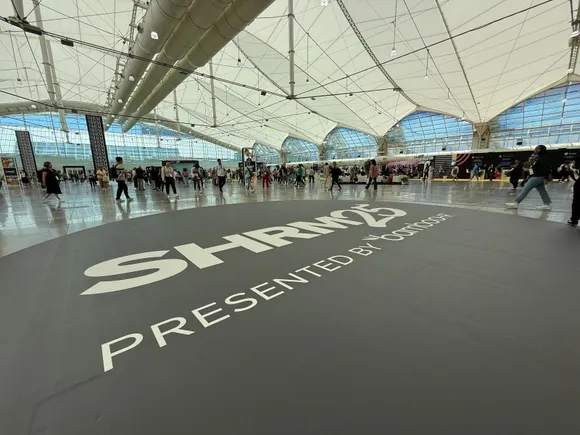Dive Brief:
- President Donald Trump’s executive order directing federal agencies, including the U.S. Equal Employment Opportunity Commission, to stop enforcement of disparate-impact liability “undermine[s] fundamental principles of civil rights law” and is at odds with “decades of legal precedent,” a group of former EEOC and U.S. Department of Labor officials said in a statement Tuesday.
- “Title VII of the Civil Rights Act of 1964 (Title VII) explicitly outlaws unjustified disparate impact as well as intentional discrimination. Moreover, the Supreme Court has repeatedly upheld the concept of disparate impact liability under Title VII and other civil rights laws,” the group wrote.
- The group, composed largely of former EEOC leaders, warned employers not to follow the executive order to avoid violating federal civil rights laws.
Dive Insight:
Trump’s executive order, which was issued April 23, claimed that disparate impact violates the U.S. Constitution and serves as a barrier to fair hiring.
The former DOL officials disagree, writing, “By attempting to dismantle legal protections against discrimination, Executive Order 14281 threatens to reverse decades of progress toward ensuring that ability, talent, and hard work — not artificial barriers — determine success in America.”
Employers should continue to adhere to civil rights law, because an executive order “cannot overrule” existing law, the group said.
The officials said they expect to see “a redoubling of efforts on the part of the private bar, as well as state and local governments, to bring legitimate disparate impact claims.”
“Employers should not expect that they will have a free pass on disparate impact liability simply because the President has instructed federal agencies not to pursue enforcement of the law,” the group wrote.
Civil rights lawyers will still find avenues to pursue disparate-impact claims, they warned.
“Employers should continue to monitor their practices for potential discrimination and take corrective action when needed. That is the best way for employers to comply with their responsibilities under our civil rights laws and avoid liability for discrimination,” the group said.
An EEOC administrative law judge under fire from Trump previously told HR Dive that the executive order “is highly illegal.”
The judge said she thought the order was designed to “cut off” class-action lawsuits that allege discrimination and serve as a way to limit the definition of discrimination itself.






Leave a Reply